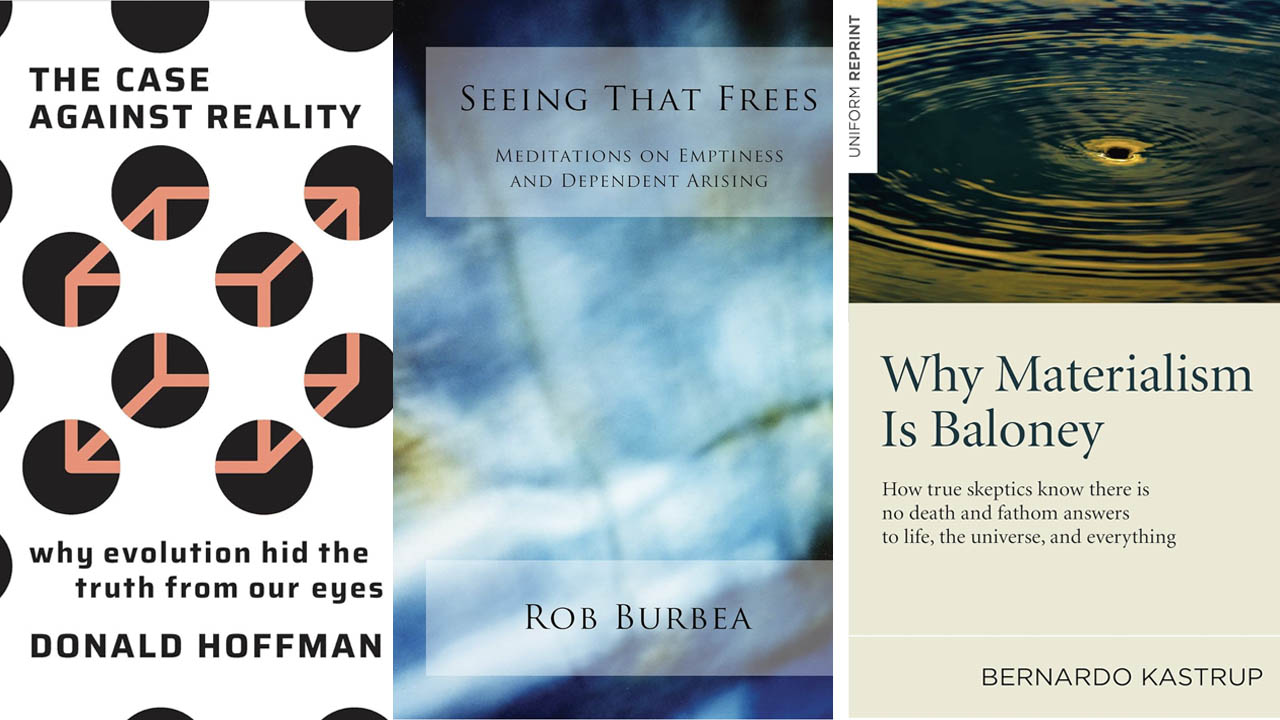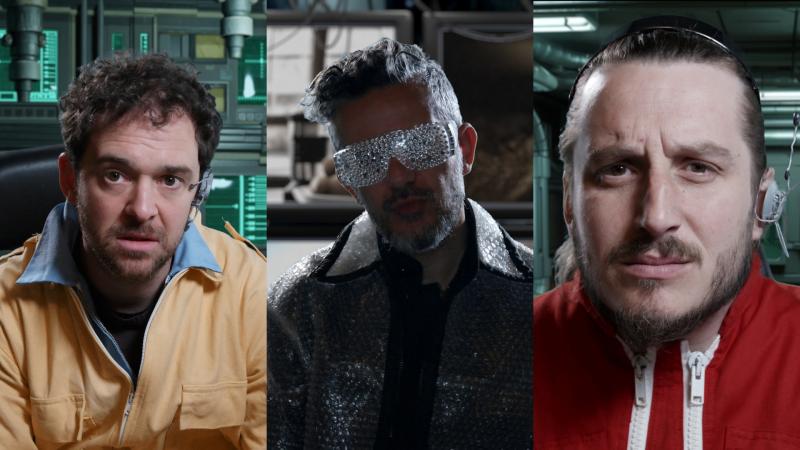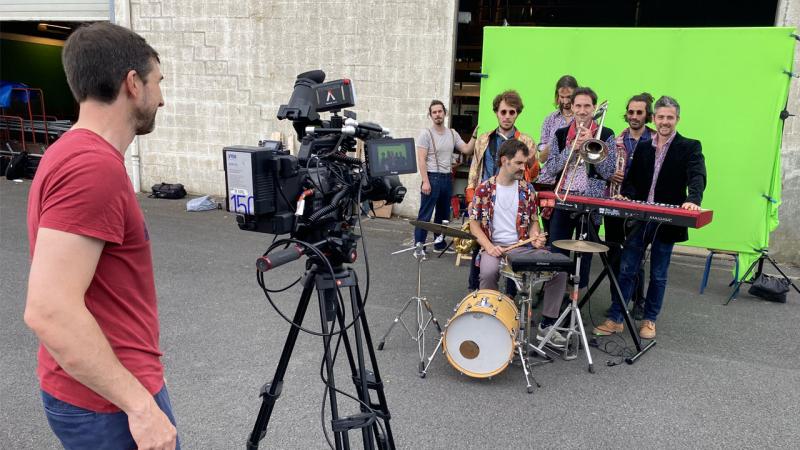There's something for scientists as well as beatniks. The common theme: reality isn't what you think. Let's dive in.
Starting with science: I stumbled upon Don Hoffman in this podcast by Lex Fridman. He's a researcher in the Department of Cognitive Sciences at the University of California. The thesis he defends in his book The Case Against Reality is simple: evolution doesn't care much about truth. Using models rooted in evolutionary game theory, he deduces that our perception of the world is biased toward survival. In other words, our brain wouldn't hesitate to ignore or distort the truth as long as it gives us an adaptive advantage. It's not its fault: it's been programmed this way over millions of years of evolution.
Therefore, a species that perceives all subtle variations of a signal could be disadvantaged compared to one that sees things in a much more binary manner (red = danger!) but much simpler to analyze in emergencies. In this race – like in many others – neither aesthetes nor poets survive.
On the beatnik side, it's been over a year since I've been progressing through the book Seeing That Frees by the late Rob Burbea.
I'd describe it as an advanced meditation book centered around the notion of "emptiness," which I've already discussed here. The central idea is that reality is much less real than we imagine. We're convinced that outside of our perception exists a "solid" material world that persists over time and continues to exist when we're not looking at it. Through a series of meditations focused on impermanence, attachment, and dependent arising, Rob Burbea shows that reality is partly an internal construction that builds and deconstructs under the impetus of consciousness. He teaches us to use different ways of seeing the world as tools that we can grasp and set down again to gain freedom.
To my friends, I sum it up in one sentence: "reality is made up of the thoughts you can't get rid of." The day I understood that, many things changed in my life.
Finally, between science, philosophy, and New Age, there's Why Materialism Is Baloney by Bernardo Kastrup.
Originally, Kastrup is a Brazilian researcher in computer engineering who has worked at CERN. When he wanted to develop a "conscious" computer program, he became interested in the problem of consciousness from a philosophical point of view and ended up with a metaphysical theory that brings idealism back into fashion. His idea is as follows: it is currently impossible to understand how matter creates consciousness – David Chalmers's famous "hard problem". So he turns things around: it's consciousness that creates matter. The laws of physics would no longer stem from the standard model but would be regularities of a shared consciousness of which each perceives only a part. According to him, we "think" matter into existence. It sounds a bit crazy, but his purpose is precisely to show, through reasoning resembling Occam's Razor, why it's "less crazy" than the materialist hypothesis.
Of course, we're diving into metaphysics here, so all of this won't immediately change how you choose your socks in the morning. But eventually, it should.
UPDATE: All these reflections have led me to imagine this film project that I'll talk about soon.







